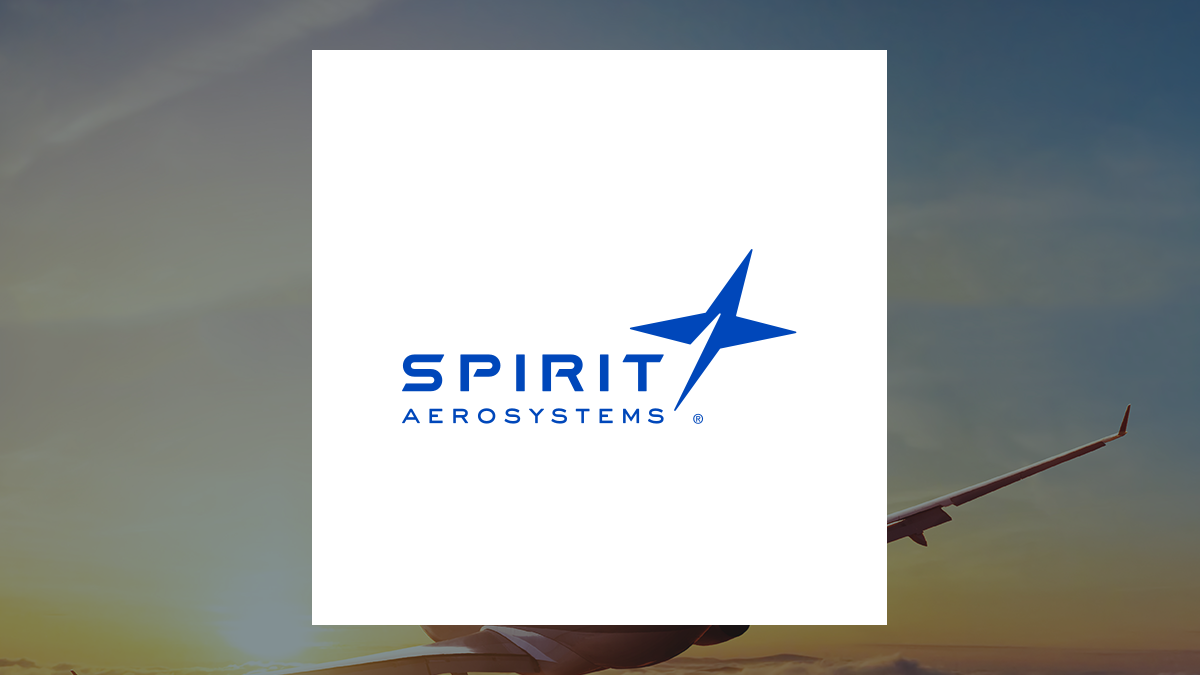As the filing and payment deadline for Annual Income Tax Return (AITR) approaches, the Bureau of Internal Revenue (BIR) reminds taxpayers to comply with the updated filing and payment procedures for the AITR for calendar year 2024. These guidelines, outlined in Revenue Memorandum Circular (RMC) 34-2025, aim to streamline the filing process and ensure timely compliance. Below are the guidelines for the filing and payment of AITRs for the calendar year 2024.
Electronic filing required The BIR mandates electronic filing of all AITRs. Taxpayers may use the Electronic Filing and Payment System (eFPS), the Offline eBIRForms Package, or approved Tax Software Providers (TSPs). Manual filing is only allowed for individual business taxpayers classified as Micro and Small, or in cases of system unavailability due to BIR advisories or other valid justification.

Filing guidelines 1. eFPS Filers/Users: Taxpayers mandated to use eFPS must file and pay through eFPS-Authorized Agent Banks (AABs). If eFPS is unavailable, they may alternatively use eBIRForms.
2. eBIRForms Filers/Users: Non-eFPS taxpayers should use the Offline eBIRForms Package v7.9.
4.2, which contains all relevant AITR forms. 3.
Tax Software Providers Users: Taxpayers may also file through approved TSPs listed in Annex B of the circular. 4. BIR eLounge Facility: This facility is available for senior citizens, persons with disabilities, employees with multiple employers and those with limited internet access.
Priority is given to those filing their own returns. Payment methods Taxpayers may pay: 1. Manually: Via AABs or Revenue Collection Officers (RCOs) in areas without AABs.
Payments of up to P20,000 in cash or any amount by check are accepted. 2. Online: Through: a.
Landbank’s Link.BizPortal, b. DBP PayTax Online, c.
Union Bank’s Online/The Portal Payment Facilities, and d. TSPs like Maya and MyEG. Taxpayers using these ePayment Gateways must also file their corresponding returns online via the Offline eBIRForms Package v7.
9.4.2.
Manual filing for micro and small taxpayers Micro and Small taxpayers may file manually using BIR Form 1701-MS, which is not yet available in eFPS and eBIRForms. The form can be downloaded from the BIR website and filed in triplicate (three copies) with an AAB or RDO, using the original electronic or computer-generated layout printed on Legal/Folio size bond paper. Alternatively, micro and small taxpayers may opt to file their 2024 AITR electronically using the available forms in eFPS and eBIRForms.
If the taxpayer opts to pay through BIR ePay gateways, the return, along with the proof of payment, must be filed with any RDO. Required attachments Attachments must be submitted electronically via the eAFS system within 15 days from the AITR filing deadline. These include: 1.
Filing Reference Number (FRN) as proof of eFiling in eFPS; 2. Tax Return Receipt Confirmation as proof of eFiling in eBIRForms; 3. Proof of Payment/Acknowledgement Receipt of Payment; 4.
Certificate of Independent CPA duly accredited by the BIR; 5. Unaudited or Audited Financial Statements (AFS); 6. Notes to AFS; 7.
Statement of Management Responsibilities 8. BIR Form 2307 - Certificate of Creditable Tax Withheld at Source; 9. BIR Form 1606 - Withholding Tax Remittance Return for Onerous Transfer of Real Property Other Than Capital Asset; 10.
BIR Form 2304 - Certificate of Income Payments not Subjected to Withholding Tax; 11. BIR Form 2316 - Certificate of Compensation Payment/Tax Withheld; 12. System generated Acknowledgement Receipt or Validation Report of electronically submitted Summary Alphalist of Withholding Taxes through eSubmission@bir.
gov.ph; 13. Duly approved Tax Debit Memo; 14.
Proof of Foreign Tax Credits; 15. Proof of Prior Year’s Excess Credits; 16. Proof of Other Tax Credits/Payments; and 17.
BIR Form 1709 - Information Return on Transactions with Related Party. Only the applicable attachments mentioned above shall be submitted. For late filers, the same 15-day submission period applies, starting from the date of filing through the eAFS system.
Because filing is now electronic, tax returns no longer require a “Received” stamp. The Filing Reference Number or Tax Return Receipt Confirmation will serve as official proof of filing. Meanwhile, submissions through the eAFS system will be acknowledged via the system-generated Transaction Reference Number (TRN) Confirmation Receipt.
Companies submitting their AFS via the BIR eAFS must ensure they attach the TRN confirmation issued by the BIR, instead of the manual “Received”stamp, as per SEC Memorandum Circular 1 Series of 2025. Taxpayers are encouraged to file early and avoid last-minute complications. Please be guided accordingly.
Source: P&A Grant Thornton Certified Public Accountants.















